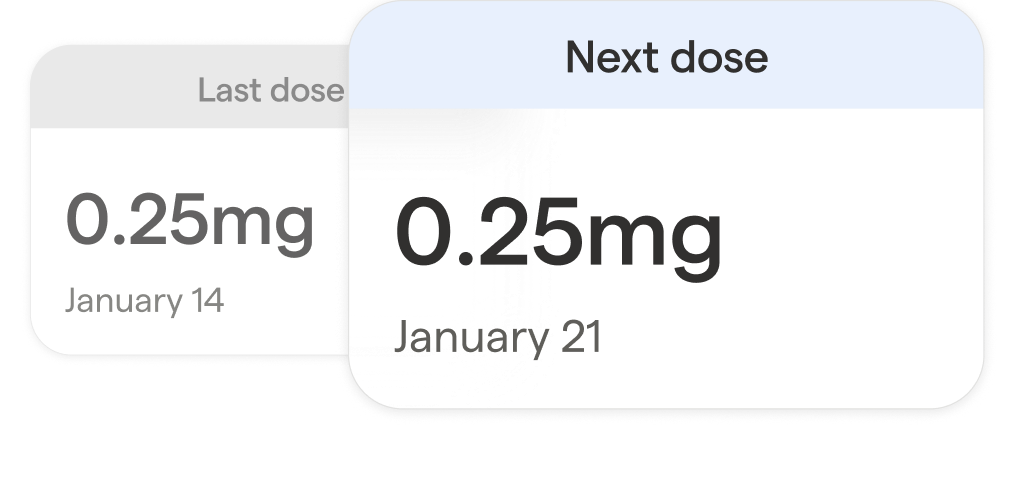Download the Felix App
Earn reward, visit our shop and get exclusive offers on the app
Download now







Body Mass Index (BMI) is a simple calculation that uses your height and weight to estimate your body fat. It can help categorize weight as underweight, healthy weight, overweight, or obesity.While it’s a useful screening tool, BMI doesn’t account for muscle mass, bone density, fat distribution or individual health differences. It’s designed for adults and is only one piece of your overall health picture.
Please note that these ranges help assess potential health risks, but they don’t tell the whole story. Speaking with a healthcare provider is always recommended.
Your BMI category offers a general idea of how your weight may relate to your risk for certain health conditions.
BMI is a simple calculation that uses your height and weight to estimate your body fat. Remember that it is an estimate, it is not accurate in some cases and it does not diagnose health.
To calculate it in metric units, divide your weight in kilograms (kg) by your height in meters (m) squared.
For example, if you weigh 70 kg and are 1.75 m tall: 70 ÷ (1.75 × 1.75) = 22.9
To calculate it in imperial units, divide your weight in pounds (lbs) by your height in inches (in) squared, and multiply the result by 703.
For example, if you weigh 154 lbs and are 5’9" (69 inches) tall:154 ÷ (69 × 69) × 703 = 22.7
But, no need to do the math yourself. Our calculator gives you a result in seconds.
Several factors can influence your body size and health beyond just your BMI. These factors are why BMI should always be interpreted as part of a broader health assessment.
Genetics: Your genes can affect how and where your body stores fat.
Lifestyle: Diet, physical activity, sleep and stress all play a role.
Certain health conditions or medications: Medical conditions and some medications can impact weight and stored fat.
Age and sex: Body composition often changes over time and can vary between men and women.
Race and ethnicity: Research shows that BMI doesn’t reflect body composition the same way across all groups. Factors like muscle mass, fat distribution and metabolic conditions can differ based on ethnicity. Cultural perceptions of weight and access to care may also shape someone’s experience with weight management.
BMI is a helpful screening tool, but it should always be interpreted as part of a broader health assessment—one that accounts for who you are as a whole person.
Several factors can influence your body size and health beyond just your BMI. These factors are why BMI should always be interpreted as part of a broader health assessment.
Genetics: Your genes can affect how and where your body stores fat.
Lifestyle: Diet, physical activity, sleep and stress all play a role.
Certain health conditions or medications: Medical conditions and some medications can impact weight and stored fat.
Age and sex: Body composition often changes over time and can vary between men and women.
Race and ethnicity: Research shows that BMI doesn’t reflect body composition the same way across all groups. Factors like muscle mass, fat distribution and metabolic conditions can differ based on ethnicity. Cultural perceptions of weight and access to care may also shape someone’s experience with weight management.
BMI is a helpful screening tool, but it should always be interpreted as part of a broader health assessment—one that accounts for who you are as a whole person.
If your BMI suggests that you have overweight or obesity, you might be considering changes to help you on your weight management journey in order to support your health.
At Felix, we offer personalized weight loss treatment plans designed to support you safely and sustainably.
Our approach combines medical treatment options (if appropriate), sustainable lifestyle choices (like diet and physical activity) with ongoing care from a Canadian healthcare practitioner to support you on your health journey.